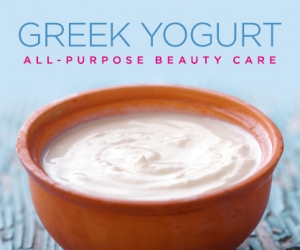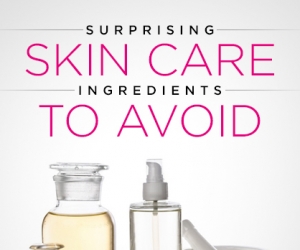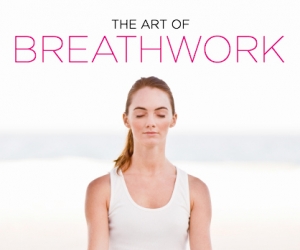Aromatherapy 101: Demystify These Essential Oils
Scent has therapeutic and healing powers
Aromatherapy is the ancient art of healing through scent. A crying baby can be calmed with lavender, energy can flow with peppermint, and anxiety is eased with frankincense and a bedroom can feel instantly seductive with sandalwood and jasmine.
The power of essential oils, which are the essence of a plant extracted through a distillation process, are used in aromatherapy.
Find out more about the wonders of aromatherapy and its therapeutic uses and healing powers.

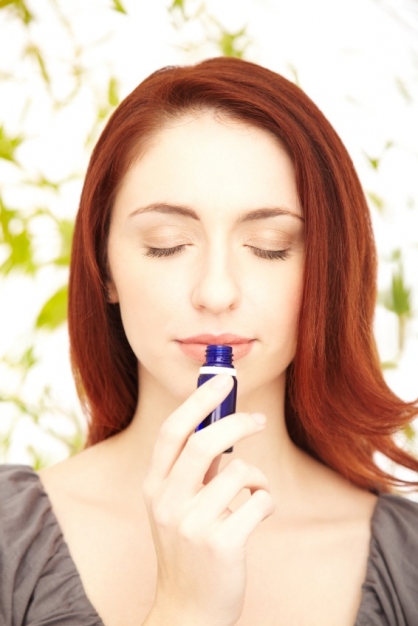
Getting started with aromatherapy
If you’re ready to get started with aromatherapy, Jenny Bradley, spa director at the Four Seasons Hotel Atlanta, has a few tips.
“Make sure to buy from a reputable place. For aromatherapy, you must have pure essential oils, not perfume blends. High-end, quality oils are necessary. Essential oils are extremely concentrated, so do not use without diluting first. Also, never ingest essential oils. Yes, they are natural, but they are so distilled and concentrated that they become a strain of alcohol that can be dangerous if swallowed. Essential oils should always be stored in dark bottles away from sun or light,” Bradley said.
The benefits of essential oils are vast. Aromatherapy with pure essential oils can be used as a natural first aid, help treat colds and illnesses, relieve stress, tension, and headaches, and treat insomnia. Bradley shares some practical ways to use aromatherapy:
- To treat scrapes and burns: Dab a small amount of tea tree oil on scapes, lavender oil on burns, to help heal and ease pain.
- To treat insomnia: Add lavender oil to a bathtub, or dilute with water and a drop of vodka (to disperse) in a spray bottle and mist on your pillow at night.
- To treat colds and congestion: Inhale eucalyptus or tea tree oil- can be rubbed on chest; burn eucalyptus in an aromatherapy burner in a sick room.
- To treat headaches: Apply peppermint to temples in small circles.
- To soothe dry skin: Add your favorite essential oil to an unscented lotion or oil and massage over body.
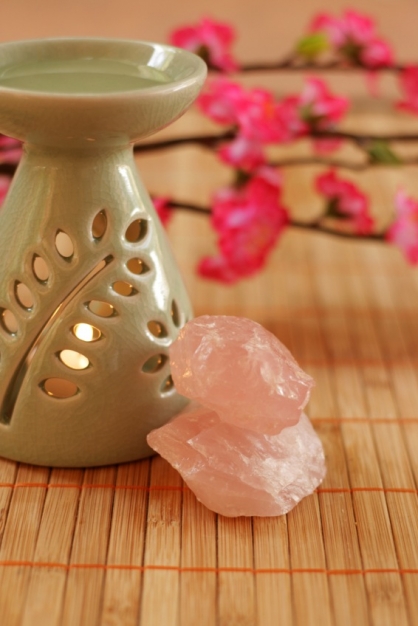
Using aromatherapy effectively
Alyson Charles, a fitness and wellness coach and host of The Juice on Veria Living, is a fan of aromatherapy.
A tea light diffuser is an easy way to incorporate aromatherapy into your daily routine.
“Use 8-12 drops of an organic essential oil in a tea light diffuser. Be sure to read the safety precautions for your diffuser first, but the scent wafts gloriously into the air and fills the room. Another option for making your home smell great is filling a spray bottle with distilled water and blending approximately 10 drops of your favorite essential oils and just spritzing around the house,” Charles said.
“I also love putting approximately 12 drops of oil into my bath. Not only are you reaping the amazing aromatherapy rewards but the oil is great for your skin too. And last but certainly not least, use your favorite essential oil during a massage. Certain oils like peppermint are known to help ease muscle soreness,” she said.
Aromatherapy can relieve stress, treat a range of physical and mental conditions and have a positive effect on mood. Charles said, “The first step is determining how you want aromatherapy to help you. There's a scent for everything. Do you want to feel energized and reinvigorated? Give rosemary, lemon or jasmine a try. Are you looking to calm yourself before you go to sleep or incorporate a scent into your meditation routine? Look to myrrh or lavender to help you.”
Charles pointed out that it is important to get a high quality essential oil and for certain aromatherapy methods such as massage, it is best to mix your essential oil with what is known as carrier oil, so before you delve in, be sure to do your research. “I personally use aromatherapy on a regular basis and it absolutely enhances my mood, overall well-being and it's just fun to try new scents to see what benefits they bring forth,” Charles said.
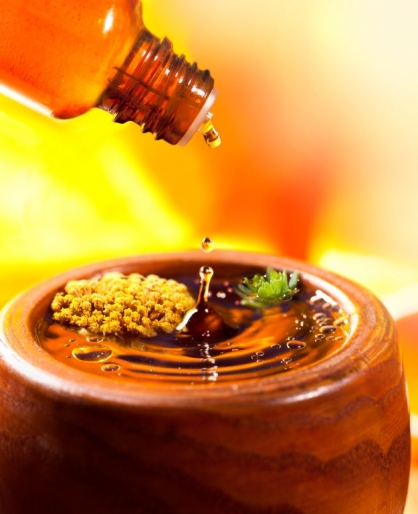
The science behind aromatherapy
Dr. Scott Johnson, a board-certified Alternative Medical Practitioner and senior director of of health sciences and education for Young Living, said that there is science to support the powers of aromatherapy.
“Today, a growing body of evidence suggests that essential oils possess significant healing properties. In-vitro, animal, and clinical studies conducted throughout the globe have unearthed the remarkable therapeutic and medicinal value of essential oils. These studies have found that essential oils are effective for a variety of common health conditions including infections, MRSA, pain, anxiety, mild depression, nausea, hormone imbalance, cancer, and much, much more,” Johnson said.
“Of great benefit is the fact that essential oils work simultaneously on the emotional, physical, mental, and spiritual aspects of human health. The average mom will find that essential oils will quickly become part of her daily regimen as she uses them to encourage feelings of calm or happiness, tend to a scraped knee, support normal digestion, or maintain her family's general well-being.”
